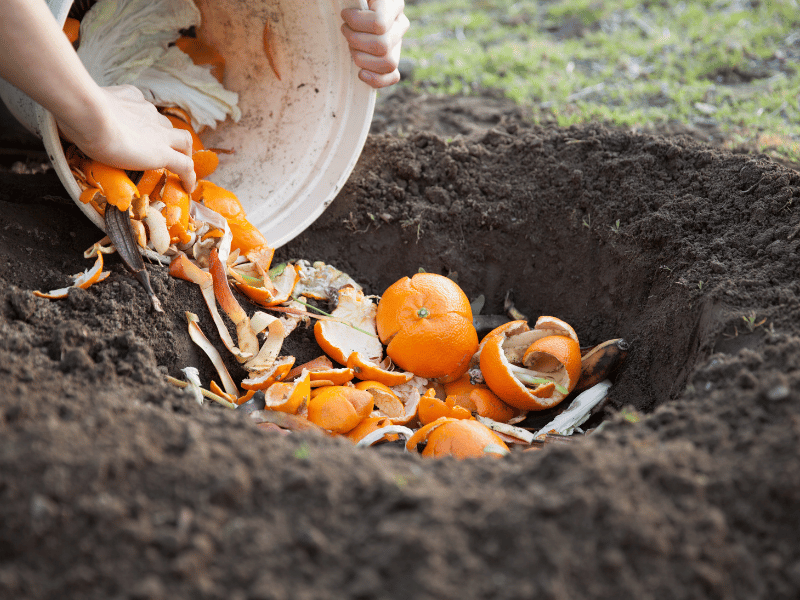COMPOST: How is it beneficial for us?

What is it?
The procedure of composting simply needs segregating a heap of wetted organic matter referred to as green waste (leaves, food waste) and obtaining the materials to break down into humus after a certain period of weeks and months. Compost containing a full spectrum of important plant nutrients and is the key significant in organic farming. You can test the nutrient levels at your composition and soil to get out what other supplements it may require for specific plants. It helps in binding clusters of soil particles, referred aggregates, which serve good soil structure. Such soil is complete with tiny air channels and pores that hold air, moisture and nutrients. Healthy soil is a significant factor in preserving water. Compost increases soil’s ability for retaining water and decreases runoff. A runoff disseminates water by carrying soil, fertilizers and pesticides to close streams. Compost bringing and feeding diverse life in the soil. The bacteria, fungi, insects, worms etc encourage healthy plant growth.
By recycling the materials that are organic in nature, valuable nutrients and organic matter are recycled. You have helped reducing the solid waste problem!

How Compost Aids in Nutrient Retention?
The addition to soil perseverance, compost adds nitrogen, phosphorus, potassium, as well as micronutrients like- manganese, copper, iron and zinc. While these micronutrients are only required in little amounts, they are essential contributors to a plant’s overall health. Commercial fertilizers often lack micronutrients, so compost is an added boon to the health of your plants.

Other Advantages of Using Compost
Compost-amended gardens also impact fewer pest problems, without usage of pesticides and are higher resistant to diseases. Compost that is predominantly leaf depends upon the being shown to be effective against nematodes, and compost application for grasses suppressing a multitude of fungal diseases.
Another benefit of using compost is in its prevention of erosion. Compost loosens tightly bound particles in clay or silt, obtaining roots to easily split and thereby impeding erosion.
Refer that organic materials must be recycled into the soil rather than being put in a garbage can. By recycling the organic materials, valuable nutrients and organic matter are recycled. You have helped protect the solid!


